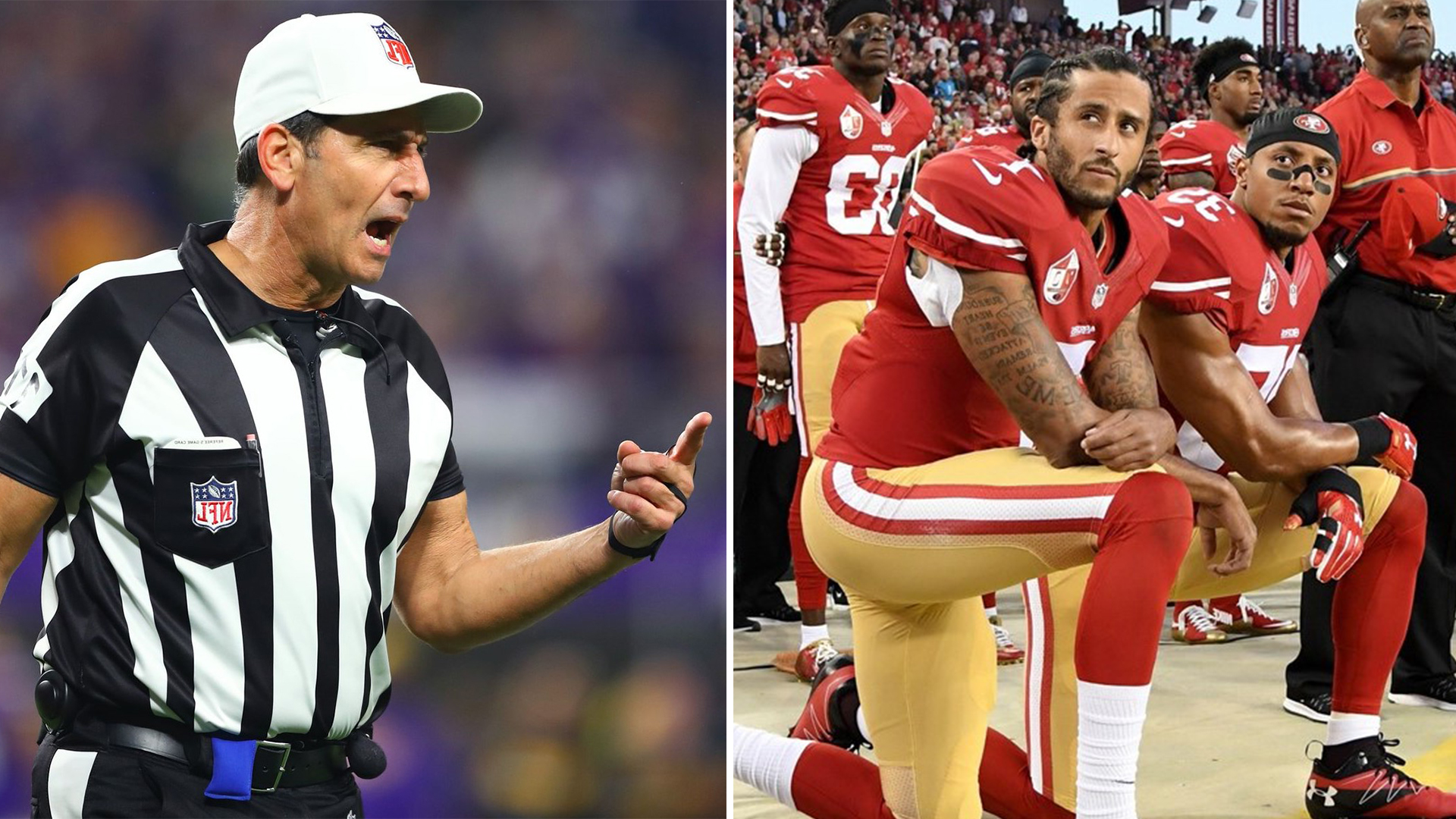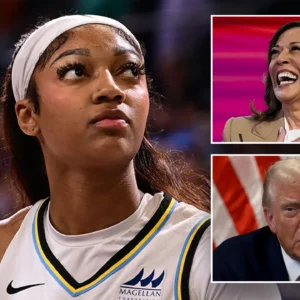
NFL Bans Three Players For Kneeling In Final Match Between Chiefs And 49ers
In a dramatic turn of events, the NFL has banned three players for kneeling during the final match between the Kansas City Chiefs and the San Francisco 49ers. This decision has sparked widespread debate and controversy, reigniting discussions about player activism, the role of sports in societal issues, and the NFL’s stance on these matters.
The Super Bowl, often regarded as one of the most significant sporting events in the United States, attracts millions of viewers from around the world. It’s a stage where athletes showcase their talent, and brands promote their products. However, this year, the spotlight shifted from the game itself to the actions of a few players who chose to kneel during the national anthem. Their protest was intended to draw attention to social injustices and racial inequality, issues that have been at the forefront of American discourse in recent years.
Kneeling during the national anthem has become a powerful symbol of protest in sports, largely popularized by former NFL player Colin Kaepernick. His decision to kneel during the anthem in 2016 sparked a national conversation about police brutality, systemic racism, and the responsibility of athletes to use their platforms for social change. While many supported Kaepernick’s message, others criticized it, arguing that it disrespected the flag and the military.
The three players who faced bans during this year’s Super Bowl were responding to this ongoing conversation. By kneeling, they aimed to highlight the issues they believe are critical to their communities and to raise awareness among fans and viewers. However, the NFL’s decision to ban them has prompted questions about the league’s commitment to social justice and its treatment of players who engage in activism.
The NFL’s response is emblematic of a broader tension within professional sports regarding player activism. On one hand, leagues have made public commitments to diversity and inclusion, often promoting initiatives aimed at social justice. On the other hand, there remains a significant segment of fans who feel that political statements have no place in sports, leading to a backlash against athletes who choose to protest.
This contradiction was evident in the immediate aftermath of the bans. While some fans applauded the NFL’s decision to enforce its policies regarding conduct during the national anthem, others expressed outrage, arguing that the league was stifling important conversations about social issues. Social media platforms lit up with discussions, with many supporting the players’ right to protest and others calling for accountability from the NFL.
The fallout from this incident has implications that reach beyond just the players involved. It raises questions about the future of player activism in the NFL and whether athletes will continue to use their platforms to advocate for change. Many players have spoken out in support of their teammates, emphasizing the importance of standing up for what they believe in. This solidarity among players could indicate a shift in how the league navigates issues of social justice moving forward.
Additionally, the incident could influence how fans engage with the NFL and its players. As sports become increasingly intertwined with social issues, fans may need to reconcile their love for the game with their views on activism. This dynamic could shape attendance, viewership, and overall support for the league as it grapples with the implications of player protests.
In the aftermath of the bans, discussions are already underway regarding potential changes to the NFL’s policies. The league has faced mounting pressure to find a balance between enforcing its rules and supporting player expression. This situation may compel the NFL to reevaluate its approach to activism and develop clearer guidelines that allow players to express their beliefs without fear of punishment.
As the sports world continues to navigate these complex issues, the recent events surrounding the Super Bowl serve as a reminder of the power of sports as a platform for social change. While the NFL may seek to impose restrictions, the passion and commitment of players to advocate for justice are likely to persist. The challenge for the league will be to foster an environment where athletes can engage in meaningful dialogue while still honoring the traditions that make the Super Bowl a celebrated event.
In conclusion, the banning of three players for kneeling during the final match between the Chiefs and 49ers has sparked a renewed debate about player activism in the NFL. As the league grapples with its response, the conversation surrounding social justice, athlete expression, and the role of sports in society will undoubtedly continue to evolve. The events of this Super Bowl highlight the complexities of navigating activism within the realm of professional sports, illustrating that the intersection of athletics and social issues remains a contentious and impactful space.





